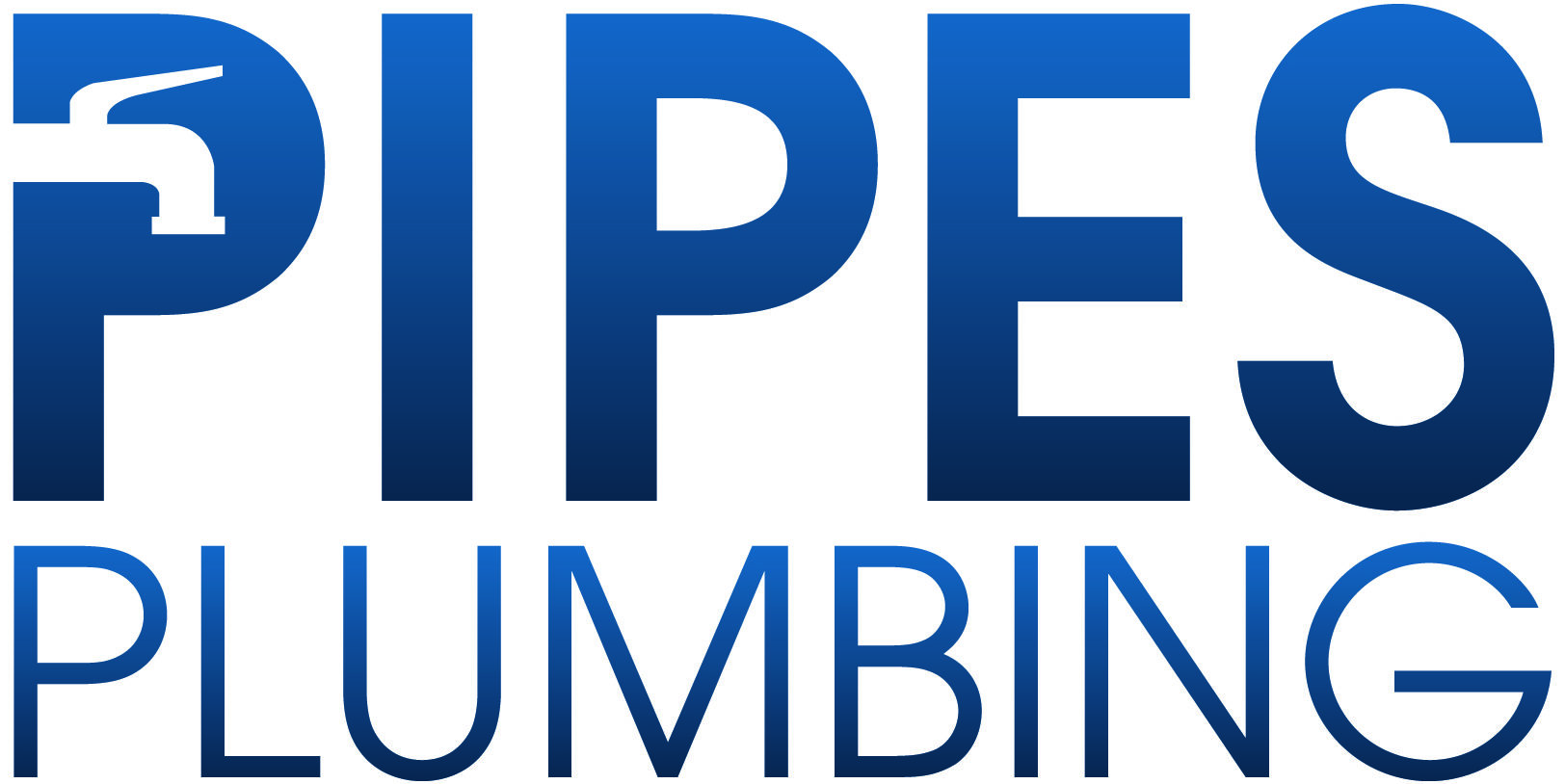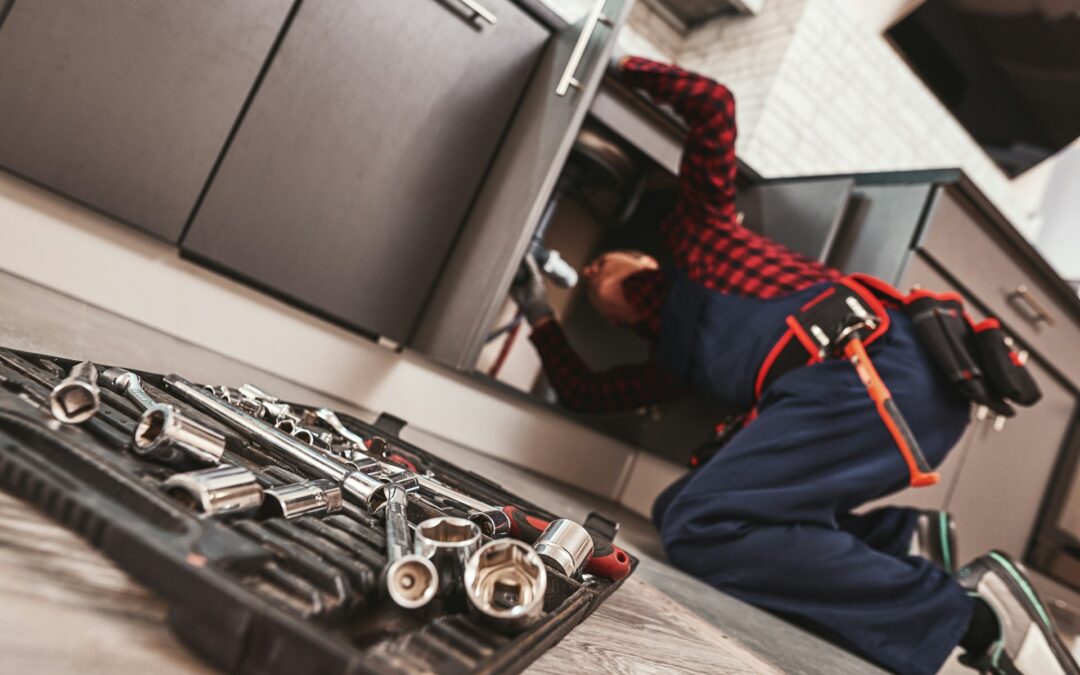Drains are an essential part of our home’s plumbing system, helping to remove wastewater efficiently. However, when they get clogged or malfunction, it can lead to frustrating and sometimes serious problems. It is important to understand the common issues that can affect our drain systems and how to address them promptly.
Minor clogs or slow drainage can often be fixed with simple DIY methods, saving us time and money. But there are times when a professional plumber is needed to deal with more complex issues. Knowing when to handle a problem ourselves and when to call in the experts can help keep our drain systems in good working order.
Preventive measures can also play a significant role in maintaining clear and efficient drains. By taking steps to avoid clogs and blockages, we can reduce the risk of major plumbing problems down the road.
Understanding Common Drain System Issues
Drain systems can experience a variety of problems that affect their performance. Recognizing these issues early can help us take appropriate action to fix them.
1. Clogged Drains:
Clogs are the most common problem in drain systems. They usually happen when substances like hair, soap scum, grease, and food particles build up inside the pipes. This build-up can limit the flow of water, causing slow drainage or complete blockages.
2. Foul Odours:
A bad smell coming from the drains often indicates a problem with the plumbing system. The odour might be caused by a clog, bacteria build-up, or a dry p-trap, which allows sewer gases to escape into the home.
3. Leaking Pipes:
Leaks can occur when pipes become worn or damaged. They might not always be easy to spot, but signs like water stains, mould, or decreased water pressure can indicate a leaking pipe. Leaks can cause significant damage to our homes if not addressed promptly.
4. Slow Drains:
Slow drains can be a sign of a developing clog or a more serious problem with the sewer line. Water that takes longer to drain from sinks, tubs, or toilets needs immediate attention to prevent complete blockages.
5. Gurgling Sounds:
If we hear gurgling sounds coming from our drains, it might mean that there is a problem with air trapped in the pipes. This could be a sign of a blockage or an issue with the drain vent system.
Understanding these common drain system issues can help us take the necessary steps to maintain a clear and functional plumbing system in our homes.
DIY Methods for Fixing Minor Drain Problems
Some drain problems can be resolved easily with a few simple tools and techniques. Here are some DIY methods for fixing minor drain issues:
1. Plunger:
A plunger is an effective tool for clearing clogs in sinks, toilets, and tubs. Make sure to create a tight seal around the drain and use firm, steady pressure to dislodge the blockage. Repeat as necessary until the water flows freely.
2. Baking Soda and Vinegar:
For minor clogs and odours, try using a mixture of baking soda and vinegar. Pour half a cup of baking soda down the drain, followed by half a cup of vinegar. Let it sit for 15 minutes, then flush with hot water to clear the debris.
3. Boiling Water:
Boiling water can help dissolve grease and soap scum build-up in kitchen drains. Carefully pour a kettle of boiling water down the drain in stages, allowing it to work through the clog. This method is safe for metal pipes but should be avoided if you have PVC pipes.
4. Drain Snake:
A drain snake, or auger, is a flexible tool that can reach deeper into the pipes to remove clogs. Insert the snake into the drain and turn the handle to break up and pull out the blockage. This tool works well for tougher clogs that a plunger can’t fix.
5. Wet/Dry Vacuum:
A wet/dry vacuum can be used to suck out clogs in sinks and tubs. Cover the vent, create a tight seal around the drain, and use the vacuum to pull out the blockage. This method works well for hair and small debris.
By using these DIY methods, we can often solve minor drain problems ourselves and keep our plumbing system running smoothly. However, for more complex or severe issues, it’s important to know when to call a professional plumber.
When to Call a Professional Plumber
While DIY methods can handle minor drain issues, some problems require the expertise of a professional plumber. It’s important to recognize when a situation is beyond our skills.
1. Persistent Clogs:
If a clog keeps coming back despite repeated attempts to clear it, we should call a plumber. Persistent clogs can indicate a deeper issue in the plumbing system that requires professional tools and expertise to fix.
2. Sewage Backup:
A sewage backup is a serious problem that needs immediate attention. If we see sewage coming up through drains or notice a foul smell from multiple drains, it means there might be a blockage in the main sewer line. A professional plumber will have the necessary equipment to diagnose and fix the problem safely.
3. Slow Drains in Multiple Fixtures:
When several drains in the house are slow, it could be a sign of a blockage in the main sewer line. This is not something we should try to fix ourselves, as it can lead to worse problems. Professional plumbers can use cameras and other tools to identify and clear the blockage.
4. Strange Noises:
If we hear gurgling or bubbling noises from the drains, it may signal air trapped in the pipes because of a serious blockage. These noises can also be a sign of a venting issue, which a plumber should investigate to prevent further problems.
5. Leaks or Water Damage:
Unexplained water stains, mould growth, or a sudden drop in water pressure can indicate leaks in the pipes. Leaks can cause significant water damage to the home and should be repaired by a skilled plumber to ensure the problem is properly addressed.
Recognizing these signs and knowing when to call a professional plumber can save us time, money, and further damage to our plumbing system.
Preventive Measures to Keep Your Drains Clear
Taking a few simple steps can help us prevent clogs and keep our drain systems running smoothly. Regular maintenance and mindful habits are key.
1. Use Drain Screens:
Install drain screens or strainers in sinks, showers, and tubs to catch hair, food particles, and other debris before they enter the pipes. Clean the screens regularly to keep them effective.
2. Avoid Pouring Grease Down the Drain:
Pouring grease or oil down the kitchen sink can lead to clogs as they solidify and stick to the pipes. Instead, let grease cool and dispose of it in the trash or a designated container.
3. Mind What You Flush:
Only flush toilet paper and human waste down the toilet. Avoid flushing items like wipes, sanitary products, and paper towels, as they can cause blockages in the plumbing system.
4. Regular Cleaning:
Clean the drains regularly with safe, natural solutions like a mixture of baking soda and vinegar. Regular cleaning can help prevent build-up and keep the drains odour-free.
5. Flush with Hot Water:
Pouring hot water down the drain once a week can help dissolve soap scum, grease, and other substances that might be forming clogs. This simple practice can keep drains clear and flowing efficiently.
6. Avoid Chemical Drain Cleaners:
Harsh chemical cleaners can damage pipes and usually provide only a temporary fix to clog problems. It’s better to use mechanical methods like plungers or drain snakes to clear blockages.
7. Educate Household Members:
Make sure everyone in the household knows what can and cannot go down the drains. This shared responsibility can greatly reduce the risk of clogs and other drain issues.
By following these preventive measures, we can reduce the chances of encountering serious drain problems and maintain a smooth-running plumbing system.
Say Goodbye to Drain Problems with These Easy Fixes
Drain systems are essential for maintaining a clean and functional home. Understanding common drain issues, knowing how to fix minor problems, and when to call a professional plumber can help us keep our plumbing in top shape. Preventive measures, such as using drain screens, avoiding grease disposal in sinks, and regular cleaning, can prevent many common drain problems and save us time and money.
Maintaining clear drains ensures our plumbing system works efficiently, reducing the risk of major issues. If you need professional assistance with your drain system, Pipes Plumbing offers expert services to handle all your plumbing needs. Contact our team of the best plumbers in Ottawa today to ensure your drains remain clear and problem-free!


Recent Comments